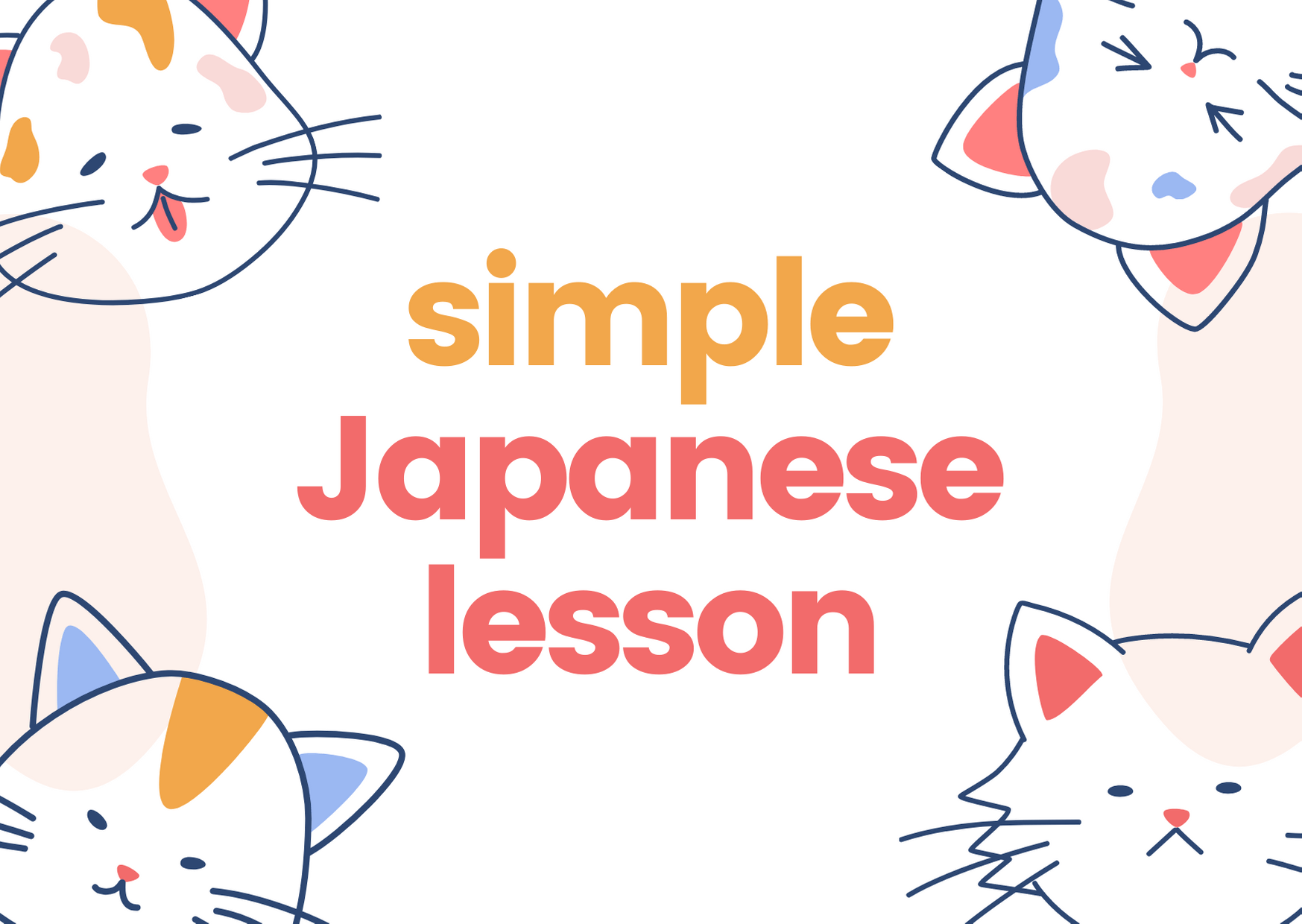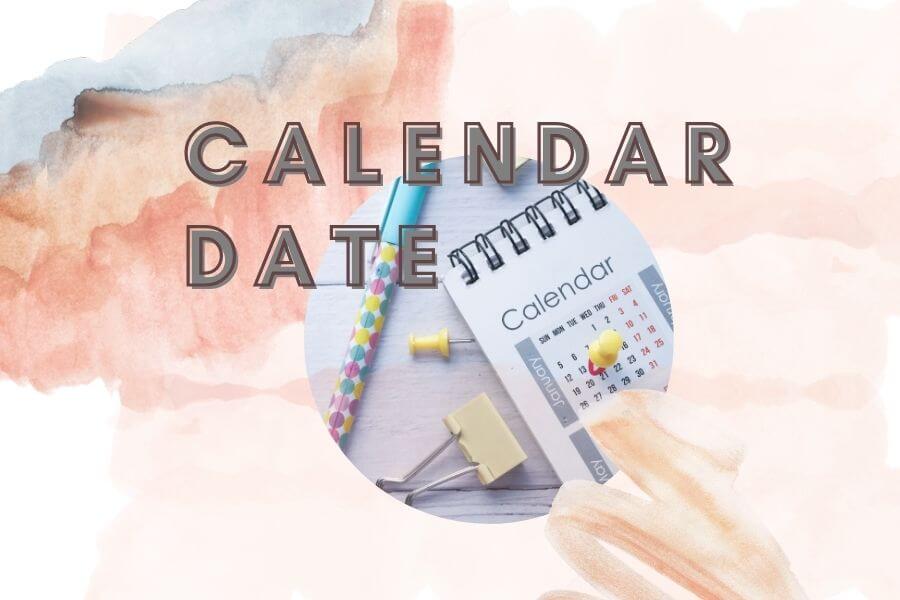With this song, you can learn some “dark” expressions and vocabulary which I hardly teach students during face-to-face lesson! Hope you enjoy it!
Lyrics *details below
Hey, you know what I mean?
Let me know, let me know
Let me know, come on
ならくのそこへと しずんでゆく たいよう Oh why? 奈落の底へと 沈んでゆく太陽
すべてが ゆめだと つきつけるやみ 全てが *幻想(ゆめ)だと 突き付ける闇
I can't believe you let me down
なみだが いみしたものは 涙が 意味したものは
Baby, please don't make me sad
うらぎりのみらい 裏切りの未来
こびりついた アイシテル
ぬぐいきれる わけもなく 拭いきれる訳もなく
おろかでもいい きみにとう
愚かでもいい 君に問う
ほんとうにこれでいい?
本当にこれで良い?
ゆるせない だけどきみを しんじたいよ
許せない だけど君を 信じたいよ
ゆるしたい だからぼくと またもういちど
許したい だから僕と またもう一度
You've done it. Guilty
るーるいはんでも You're guilty ルール違反でも
さいしょから やりなおそう
最初から やり直そう
きみがのぞむなら
君が望むなら
ふりかえる
Yo, 振り返る days
それはもう maze
おさなきひのうそはじこう
幼き日の嘘は時効?Hey
いきてるかぎりひとはみんな
生きてる限り人はみんな
ななつのつみ せおってるでしょ
七つの大罪(つみ) 背負ってるでしょ
くろしろつけたがるけど
黒白つけたがるけど (Black White)
はいいろなのさ 灰色なのさ You&I (You&I)
じゃあどこのだれがこんなせかいでひとをさばけるだろう? じゃあどこの誰がこんな世界で他人を裁けるだろう?
にくむほうが らくになる 憎む方が楽になる
せをむける ほうほうもある 背を向ける方法もある
にげみちのまえ ぼくにとう 逃げ道の前 僕に問う
ほんとうにこれでいい? 本当にこれで良い?
ゆるせない だけどきみを しんじたいよ 許せない だけど君を 信じたいよ
ゆるしたい だからぼくと またもういちど 許したい だから僕と またもう一度
You've done it. Guilty
るーるいはんでも You're guilty ルール違反でも
さいしょから やりなおそう 最初からやり直そう
きみがのぞむなら 君が望むなら
こびりついた アイシテル
ぬぎいきれるわけもなく 拭いきれるわけもなく
おろかでもいい きみにとう 愚かでもいい 君に問う
ほんとうにこれでいい? 本当にこれで良い?
ゆるせない だけどきみを しんじたいよ 許せない だけど君を 信じたいよ
ゆるしたい だからぼくと またもういちど 許したい だから僕と またもう一度
You've done it. Guilty
るーるいはんでも You're guilty ルール違反でも
さいしょから やりなおそう 最初からやり直そう
きみが のぞむなら 君が望むなら
Break down the Lyrics!
Hey, you know what I mean?
Let me know, let me know
Let me know, come on
narakuno sokoeto shizundeyuku taiyou ならくのそこへと しずんでゆく たいよう Oh why? 奈落の底へと 沈んでゆく太陽 = The sun sinking to the bottom of hell.
奈落(ならく)
[noun] hell, the worst situation
* this is a word related to buddism.
地獄(じごく) is more daily use.
の
particle used between two nouns
[detail] の [something]
example) にほんごのレッスン
レッスン:lesson
→what kind of lesson?
→ It is Japanese lesson. it is not french, english, nor spanish.
底(そこ)
[noun] the bottom (of something)
奈落(ならく)の底(そこ): bottom of hell
沈む(しずむ)
[verb] to sink
ゆく
= 行く(いく)
🌞太陽(たいよう)
[noun] sun
subetega yumedato tsukitukeru yami すべてが ゆめだと つきつけるやみ 全てが *幻想(ゆめ)だと 突き付ける闇 = The darkness which faces me the fact that everything was a dream.
全て(すべて)
[noun] all, everything
幻想(げんそう)
[noun] a fantasy, an illusion
in the lyrics, it is used as ‘夢(ゆめ/yume)’ which means ‘dream’.
this is only in the lyrics.
突き付ける(つきつける)
[verb]
: to put the fact under sb’s nose, to face (reality, gun, etc.) to sb
突く(つく):To push hard
+
付ける(つける):To marks in, to paste, to put
the image is ‘to make something not to be separated’
闇(やみ)
[noun] darkness, the dark
I can't believe you let me down
namidaga imishita monowa なみだが いみしたものは 涙が 意味したものは = The thing that the tears meant was...
涙(なみだ)
[noun] a tear
意味(いみ)
[noun] meaning
noun + する
意味(meaning) + する(to do)
= a verb
to mean, to signify, imply
もの
[NOUN] THING
は (wa)
[particle] after the subject / subject marker
in the lyrics, the sentence has not finished yet.
Baby, please don't make me sad
uragirino mirai うらぎりのみらい 裏切りの未来 = betrayal future.
裏切り(うらぎり)
[noun] betrayal, treason
の
[particle] noun connecter between two nouns
SOMETHING の something
First SOMETHING will be the detail and second SOMETHING will be the main idea.
example) 明日(あした/tomorrow)の予定(よてい/plan):a plan for tomorrow
明日 is not necessary, because it is a detail of a plan.
What plan? → A plan for tomorrow.
未来(みらい)
[noun] future
kobiritsuita aishiteru こびりついた アイシテル = (The phrase) 'I love you' that adhere (to me)
こびりつく
[verb]
(stain, filth, etc.) to stick hard, to adhere, to be caked (with something)
(idea, experience in the past)
in the lyrics, it is used figuratively.
あいして(い)る
**I love you.
only used in the lyrics and drama.
in real life, WE DO NOT USE IT MUCH.
i have never used あいしている to my husband.
あいしている is too much. (in my opinion,) it sounds horror.
あいしている sounds like, for example, crazy person, who is stalking someone, says to the victim as i love you.
大好き sounds healthy relationships and cute.
nuguikireru wakemonaku ぬぐいきれる わけもなく 拭いきれる訳もなく = There is no way I can wipe it up.
拭う(ぬぐう)
[verb] to wipe filth with something you are not supposed to use to wipe.
verb ますstem + きる
to achieve to do something
to finish to do something completely
訳(わけ)
[noun]
1. a meaning (of a word/ of what person said)
2. a reason
3. *the way THINGS ARE, COMMON SENCE, etc.
this word is hard to explain in English and hard to grasp.
in the lyrics, it says ‘こびりついたアイシテル、ぬぐいきれる訳もなく’
if something こびりつく(to TO STICK HARD), it is hard to wipe off.
訳(わけ) here is used the meaning of #3.
Not to mention, we have nothing to do to clean it up.
= COMMON SENCE
も (NEGATIVE SENTENCE)
[PARTICLE] EVEN
なく
= ない
[い adjective] not
‘こびりついたアイシテル、ぬぐいきれる訳もなく’
There is no way to wipe the feeling of sordid love out.
I wanted to say this love is not something beautiful.
it is dangerous, it smells a crime.
orokademoii kiminitou おろかでもいい きみにとう 愚かでもいい 君に問う = It does not matter if I am stupid, I will ask you.
愚か(おろか)
[な ADJECTIVE]
STUPID, SILLY DUMB, FOOLISH
NOUN / なADJECTIVE
IT IS OKAY (even) IF IT IS [NOUN/なADJECTIVE]
でも、いい。
愚かでもいい= it is okay even if i am fool.
君(きみ)
CASUAL WAY TO SAY YOU
**PLEASE DO NOT USE きみ TO ANYONE!! THIS IS ONLY IN THE LYRICS.
IN THE CONVERSATION, IT IS RUDE TO CALL SOMEONE きみ.
に
[PARTICLE] TOWARDS, TO
問う(とう)
[verb] to ask
it is not a daily use.
sounds like a philosopher.
hontouni korede ii ほんとうにこれでいい? 本当にこれで良い? = Is this what really you want?
本当(ほんとう)
[noun] real
に
[particle]
noun (or な adjective) + に = adverb
本当に = really
これ
THIS
で
[particle] compromise
* NOUN でいい。
even though there is いい (good), it is not necessarily positive.
Since で here is a compromise, it sounds like
you choose this because there is no other choices.
yurusenai dakedokimiwo shinjitaiyo ゆるせない だけどきみを しんじたいよ 許せない だけど君を 信じたいよ = I cannot forgive you. But I want to believe you.
許す(ゆるす)
[verb] to forgive
許せる(ゆるせる)
potential form of ゆるす
can forgive
許せない(ゆるせない)
negative, casual form of ゆるせる
cannot forgive
だけど
bUT
信じる(しんじる)
[VERB] TO BELIEVE
Verb ますstem+たい
want to do(verb with ますstem)
yurushitai dakarabokuto mata mouichido ゆるしたい だからぼくと またもういちど 許したい だから僕と またもう一度 = I want to forgive you. So, with me, again, once more
許したい(ゆるしたい)
want to forgive
だから
(reason). So (conclusion)
**at the beginning of the sentence.
僕(ぼく)
I for man and boy
person と
[particle] with person
また
again
もう
more, again, additional
*もう + counter
一度(いちど)
once, one time
You've done it. Guilty
rûru ihandemo るーるいはんでも You're guilty ルール違反でも = Even thought it is against the rule,
ルール
rule
違反(いはん)
[noun] violation (of the law), breaking (a contract, rule)
で
[particle]
て form for noun / な adjective
も
[PARTICLE] even
saishokara yarinaosou さいしょから やりなおそう 最初から やり直そう = Let's start all over from the beginning again.
最初(さいしょ)
[noun] the beginning, the opening, the start, the commencement
から
[particle] from
indicate a starting point
やる
[verb] to do
直す(なおす)
[verb] to fix, to repair, to put something in order
verb ます stem + 直す
do something over again, to start (the action with the ます stem) over again
in the lyrics, やりなおす means ‘to start over’.
直そう(なおそう)
volitional form of 直す
let’s ~!
kimiga nozomunara きみがのぞむなら 君が望むなら = If you wish to.
望む(のぞむ)
[VERB] TO WISH, TO DESIRE, TO WANT TO DO, TO HOPE
なら
[CONDITIONAL]
verb casual form (present or past) + なら : If you do~
furikaeru
ふりかえる
Yo, 振り返る days
= Thinking back
振る(ふる)
[verb] to wave, to swing, to shake
(figurative) to reject, to refuse, to dump someone
返る(かえる)
[verb] to return, TO TURN OVER, TO BE REVERSED, to react
振り返る(ふりかえる)
[verb] to turn one’s head, to turn around, to look back
sorewamou それはもう maze = That is already a maze.
それ
that
もう
[adverb] already
osanakihinousowa jikou おさなきひのうそはじこう 幼き日の嘘は時効?Hey = A lie from the childhood expired?
幼い(おさない)
[い adjective] (age) be very young, be of tender years
basically using to describe Toddler to kids
幼き(おさなき)
[い adjective] very old way of い adjective, おさない
日(ひ)
[noun] day
嘘(うそ)
[noun] lie
時効(じこう)
[noun] (law) prescription, expiration of a right, a statute of limitations
ikiterukagiri hitiwa min-na いきてるかぎりひとはみんな 生きてる限り人はみんな = As long as we live,
生きてる(いきてる)
=生きている
生きて(いきて)
[verb] te form of 生きる(いきる) which means “to live”.
When we use 生きる(いきる), we are talking about “to live” like “live or dead”.
it is not about daily life.
~ 限り(かぎり)
As long as ~
人(ひと)
person, people
みんな
everyone
nanatsu no tsumi seotterudesho? ななつのつみ せおってるでしょ 七つの大罪(つみ) 背負ってるでしょ = We all carry seven sins.
七つ(ななつ)
[general counter, ~つ] 7
大罪(たいざい)
[noun] in the lyrics, the pronunciation “罪(つみ・tsumi)” which means “sin” is used.
背負う(せおう)
[verb] to carry (a burden) on one’s back, to shoulder (heavy burden)
でしょ?
~ , right?
it sounds sure of yourself. like what i am saying is correct.
in daily conversation, it can be arrogant.
kuroshiro tsuketagarukedo くろしろつけたがるけど 黒白つけたがるけど (Black White) = You always want to decide if it is black or white, but... = You always want to make things clear, but...
黒(くろ)
[noun] black
白(しろ)
[NOUN] WHITE
黒白をつける
[IDIOM] TO SETTLE (A MATTER)
黒:DARK, BAD
白:PURE, GOOD
VERB ます stem + たがる
always want to do (VERB with ます stem),
always eager to do (VERB WITH ます STEM)
haiironanosa はいいろなのさ 灰色なのさ You&I (You&I) = We are gray. = We are vague.
灰色(はいいろ)
[noun] gray color
灰(はい):ashes
色(いろ):color
なのさ
[at the end of the casual sentence]
it is used to show strong determination.
i am 100% sure that ~~~.
jaa dokonodarega kon-na sekaide hitowo sabakerudarou? じゃあどこのだれがこんなせかいでひとをさばけるんだろう? じゃあどこの誰がこんな世界で他人を裁けるだろう? = Well, who the hell on earth can judge other people?
じゃあ
Well,
どこ
where
だれ
who
世界(せかい)
world
他人(たにん)
[noun] other people, people other than you
in the lyrics, the pronunciation of the kanji is ひと(hito) which means people or person.
it is only allowed to change the pronunciation only in lyrics or books to make it poetic.
ひと(HITO) in Kanji is 人.
裁く(さばく)
[verb] [law] to judge (on court)
だろう?
[at the end of the sentence] I am wondering …?
nikumuhouga rakuninaru にくむほうが らくになる 憎む方が楽になる = If I hate (her), that would be easier.
憎む(にくむ)
[verb] to hate, to detest, to have a hatred (for)
方(ほう)
[noun] a direction, a side
verb + 方(ほう)is often used to compare two sides.
楽(らく)
[な ADJECTIVE] ease, comfort, without any effort
なる
[verb] to become
sewomukeru houhoumoaru せをむける ほうほうもある 背を向ける方法もある = There is also a way to turn my back (towards her).
背(せ)
[noun] one of body parts, back
向ける(むける)
[verb] to turn something (toward), to direct (toward)
方法(ほうほう)
[noun] a way, a method
nigemichinomae bokunitou にげみちのまえ ぼくにとう 逃げ道の前 僕に問う
逃げ道(にげみち)
[noun] a way of escape, an escape route
前(まえ)
in front (of)


